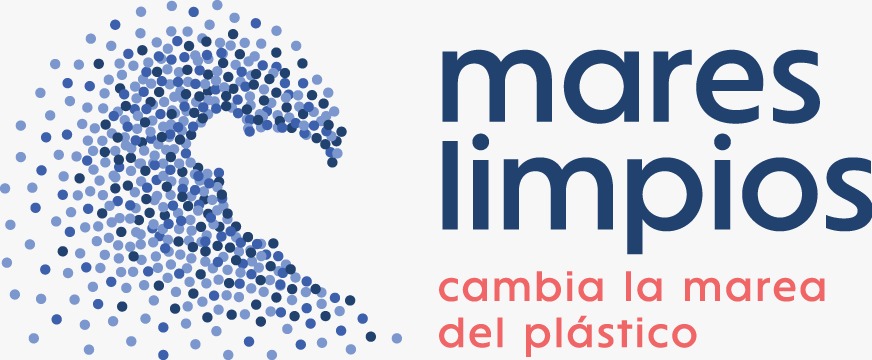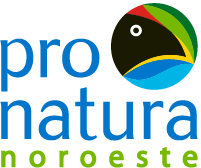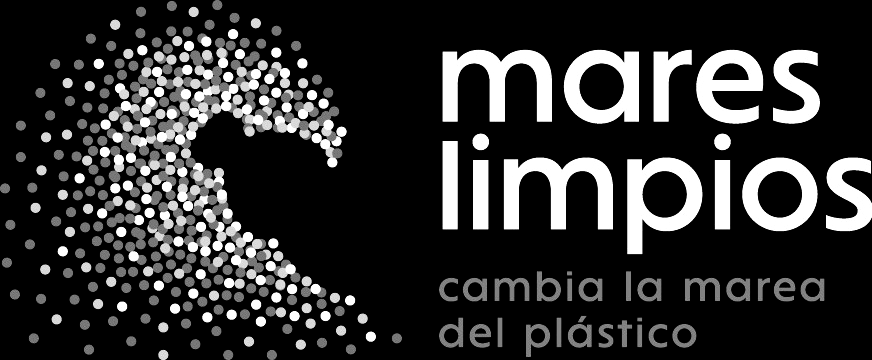Every year, one million tons of fishing gear are discarded, lost or abandoned in the seas and oceans worldwide. Nylon nets and other synthetic materials, hooks, fishing lines, ropes, polypropylene and stainless steel traps are some of the objects that are left to drift or accumulate on the seabed, where they will remain for decades or centuries before degrading. Many animals become entangled with these objects, or ingest them when they mistake them for food, causing injury, partial or total immobility and, in many cases, death.
This serious problem is known as ghost fishing. Without a doubt, it is the most lethal trap that exists for marine life. According to estimates by the World Wildlife Fund (WWF), ghost fishing causes injury or death to 66% of marine mammal species, half of all marine bird species, and all species of sea turtles.
In northwestern Mexico, some of the species threatened by ghost fishing are the Vaquita porpoise (Phocoena sinus), which is in critical condition as it dies from getting stuck in gillnets in the Gulf of California. Similarly, leatherback turtles (Dermochelys coriacea) and hawksbill turtles (Eretmochelys imbricata) frequently die when they are captured by ghost nets and not being able to escape.
For this reason, we dedicate a permanent effort to combat ghost fishing. We work closely with local communities, fishermen and companies in our region, with workshops and training to raise awareness and bring about behavioral change to improve fishing practices. We also collaborate on clean-up and collection days, as well as promoting Fishery Improvement Projects (FIPs) and gear modifications.
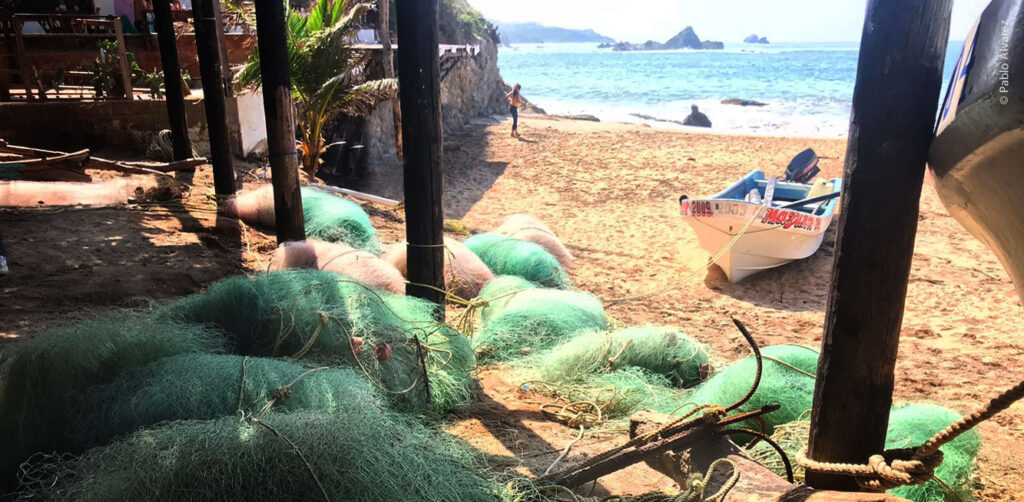
Thanks to our coverage and capacity to implement conservation actions in northwestern Mexico, the Ocean Conservancy invited us to take part in a diagnostic study on the use and disposal of fishing gear in Mexico. This task is part of the initiative led by the Ministry of Foreign Affairs, which includes a survey of fishermen and boat operators throughout the country, which began in November 2021 and concluded on June 30, 2022.
Our work consisted of applying the survey on the coasts of the Gulf of California and the entire Mexican Pacific, supported by local institutions and organizations, as well as in the Gulf of Mexico by our sister organizations Pronatura Noreste and Pronatura Veracruz. The information obtained is concentrated in the database of the Food and Agriculture Organization of the United Nations (FAO) in order to adjust a predictive model that will provide in-depth knowledge of the situation in Mexico. In this way, the federal government will have an unprecedented national strategy to combat ghost fishing in Mexico, expected to be designed collaboratively in the second half of 2022.
Another aspect that underscores the complexity of ghost fishing is the illegal fishing that occurs in the coasts and oceans is an important factor to consider. This makes it an entrenched phenomenon that requires a cultural change and the linking of the public and private sector.
We invite you to collaborate with us to eradicate ghost fishing.
For more information on this issue please contact: palvarez@pronatura-noroeste.org
